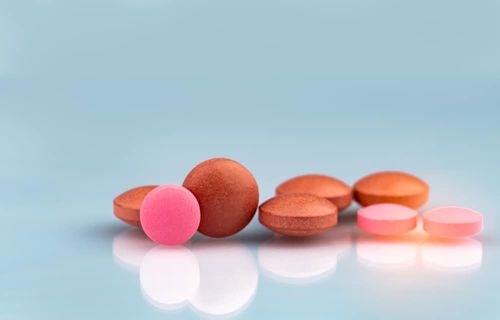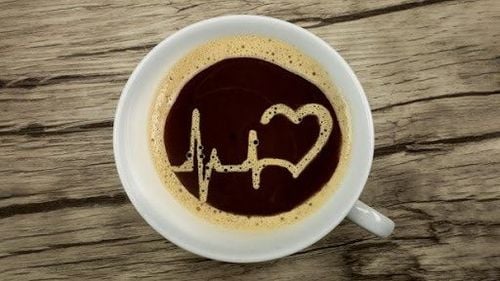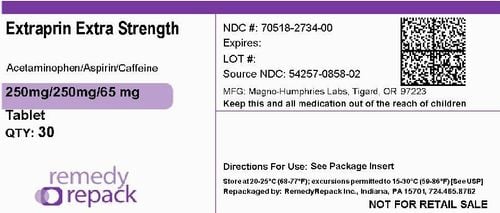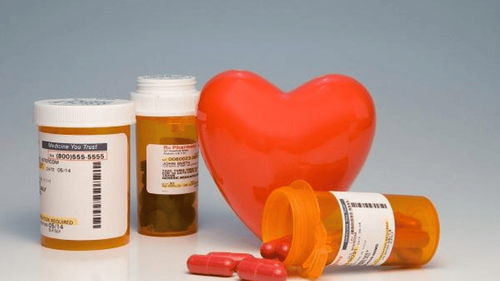This is an automatically translated article.
The article is professionally consulted by Master, Doctor Bui Tien Dat - Emergency Medicine - Cardiology - Emergency Resuscitation Department - Vinmec Hai Phong International General Hospital. The doctor has more than 12 years of experience in the field of emergency resuscitation - cardiology.Heart attack is one of the leading causes of death in the world. When a myocardial infarction has occurred, the prognosis for death is high, and the quality of life is severely affected despite prompt treatment. Patients need to know the factors that can trigger a heart attack to prevent and have a more reasonable lifestyle.
1. Lack of sleep
Patients will feel irritable and tired if they do not get enough sleep, lack of sleep can also increase the risk of triggering a heart attack. In one study, people who usually slept less than 6 hours a night were twice as likely to have a heart attack than those who slept 6 to 8 hours a day. The exact cause is not completely clear, but sleep loss can cause high blood pressure and increase inflammatory responses. These problems are not good for the body.2. Migraine headache (Migraine headache)
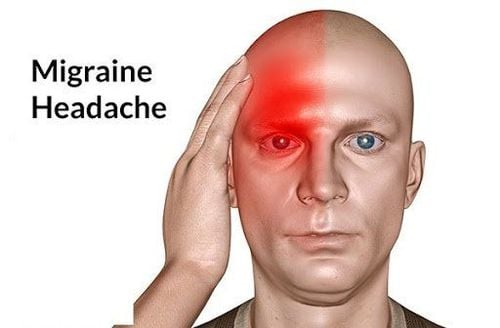
3. Cold weather
Cold temperatures can stun the body's systems. Being outside in the winter months can cause your arteries to constrict, making it harder for blood to flow through your heart. Furthermore, the heart has to work harder to maintain body temperature. If you are experiencing these problems, limit going out when the outdoor temperature is low and limit heavy work activities.4. Air pollution and car emissions

5. A meal with a lot of energy
Do not eat too much because this will affect the waist circumference. When eating large amounts of food in one meal, this increases the levels of the hormone norepinephrine in the body. This hormone will increase blood pressure and heart rate leading to the onset of myocardial infarction in some patients. High-fat meals also cause a sudden increase in fats in the blood and can damage blood vessels.6. Strong emotions, positive or negative

7. Sudden or strong exertion
Keeping fit will protect the cardiovascular system during prolonged activity, but overworking can be dangerous. About 6% of myocardial infarction manifestations are triggered by strenuous exercise. In addition, exercise is a good way to reduce stress, but do not overdo it, especially when you are in a state of anger or sadness.8. Cold or flu
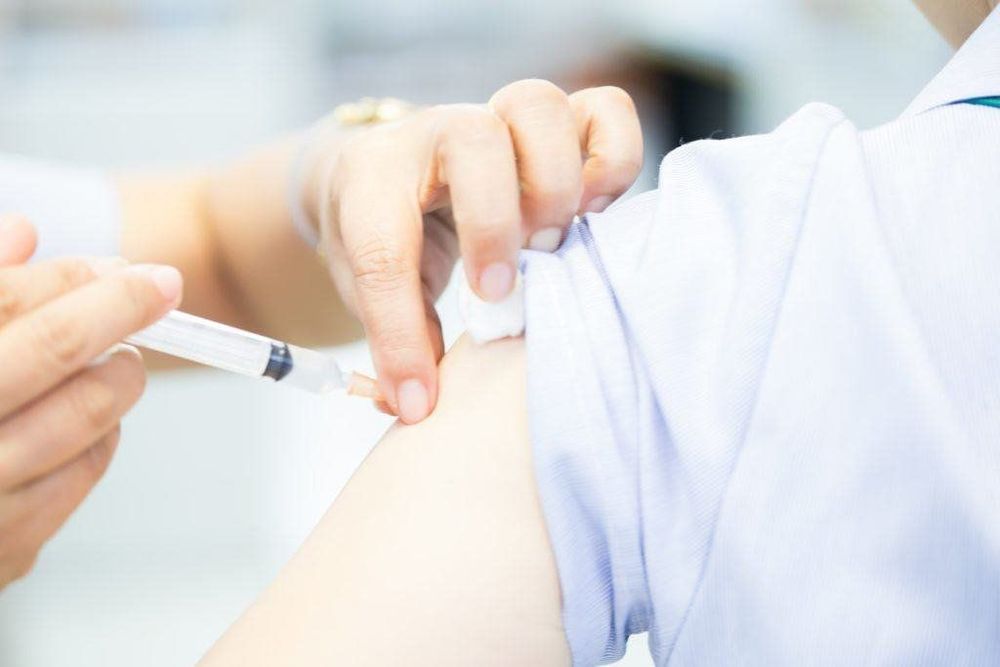
9. Asthma
The risk of a heart attack increases by about 70% if the patient has lung disease. Although if the patient has an nebulizer to control the asthma attack, the risk of a heart attack is still higher than normal. Because patients with asthma may tend to ignore symptoms of chest tightness, these are early signs of a heart attack. It can be difficult to tell whether the breathing problems trigger a heart attack or simply due to common causes of the inflammatory response.10. Get out of bed in the morning
Myocardial infarction usually occurs in the morning. The brain releases a lot of hormones that help you wake up, and this can put too much stress on the heart. Patients can also become dehydrated after a long sleep.11. Natural or man-made disaster
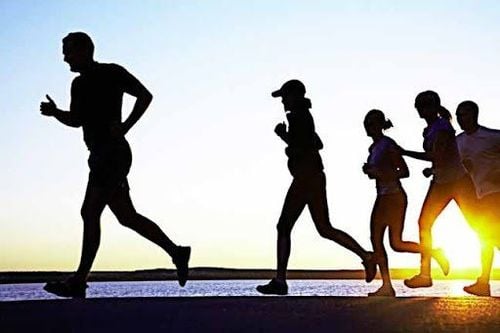
12. Sex
Like other forms of physical activity, sexual activity is also associated with an increased risk of heart attack. But this risk is very small, especially if the patient is fit and in good health. For the most part, sex should be seen as an important part of health and life. Patients should talk to their doctor if they experience these problems.13. Watching sports
Playing sports can trigger a heart attack, and so can sitting and watching sports. In 2006, the heart attack rate in Germany peaked during the soccer World Cup. After the 1980 Super Bowl, a massive heart attack occurred after the Rams lost. But this percentage dropped after 1984 when the L.A. Raider won.14. Alcoholic Beverages

15. Coffee
Just like alcohol, coffee also has advantages and disadvantages. Caffeine raises blood pressure in the short term and can trigger a heart attack, especially if you don't drink it regularly or have risk factors for other causes. In general, coffee can be good for health, people who drink 3 to 5 cups of coffee a day have less plaque in the arteries and this is good for health.To protect heart health in general and detect early signs of cardiovascular disease, customers can sign up for Cardiovascular Screening Package - Basic Cardiovascular Examination of Vinmec International General Hospital. The examination package helps to detect cardiovascular problems at the earliest through tests and modern imaging methods. The package is for all ages, genders and is especially essential for people with risk factors for cardiovascular disease.
Please dial HOTLINE for more information or register for an appointment HERE. Download MyVinmec app to make appointments faster and to manage your bookings easily.
Reference source: webmd.com





